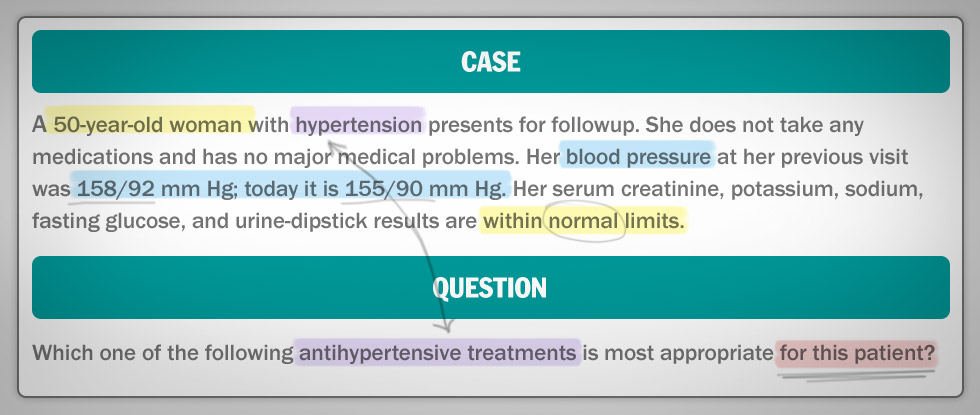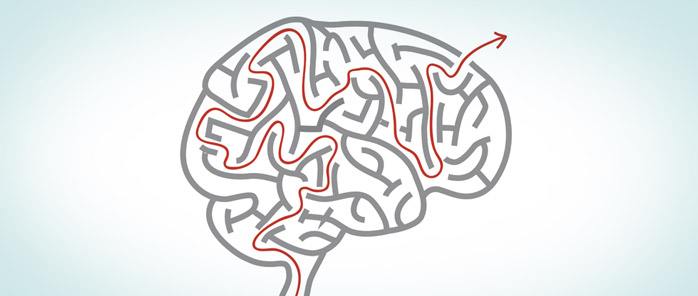ABFM Exam Day Essentials — Everything You Need to Know About the Day of the Test
If you have an ABFM exam approaching, you may have questions and some anxiety about what lies ahead. Whether you're a first-timer or it's been a while since your last exam, this guide is designed to ease your worries and equip you with the essential information you need [...]







